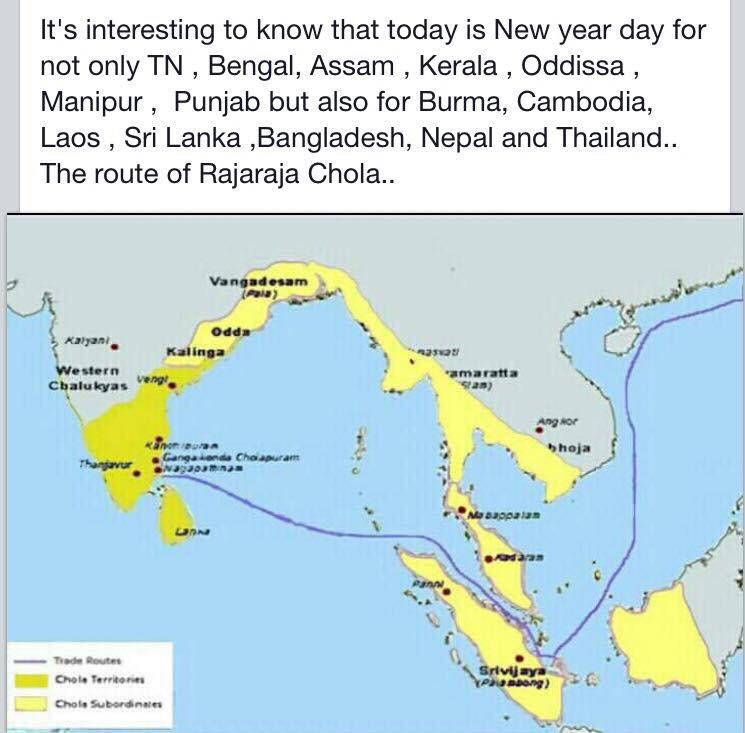For Puthandu, Tamil people greet each other by saying "PuthÄaṇdu vÄazhthugal!" or "Iṉiya puthaandu nalvÄazhthugal!" which is equivalent to "Happy new year". The day is observed as a family time. Households clean up the house, prepare a tray with fruits, flowers and auspicious items, light up the family puja altar and visit their local temples. People wear new clothes and children go to elders to pay their respects and seek their blessings, then the family sits down to a vegetarian feast.
Vaisakhi is an ancient harvest festival celebrated in the Punjab region by all Punjabis regardless of their religion. For people of Punjab, especially the Sikhs, Vaisakhi is a very significant day. Vaisakhi is also celebrated as Sikh New Year based on Hindu Solar calendar.
For the Sikh community, Vaisakhi is not only a harvest festival but also a religious festival. Sikhs celebrate Vaisakhi as the day of the formation of the Khalsa (the pure one).
On Vaisakhi day, in 1699, Guru Gobind Singh, the tenth and last Sikh Guru, established the Khalsa. He eliminated the difference between higher and lower caste communities and declared that all human beings are equal. Later the Guru tradition in Sikhism was put to an end and Guru Granth Sahib was declared as eternal guide and Holy Book of Sikhism.
Vaisakhi is also spelled as Visakhi, Vaishakhi and Baisakhi.




